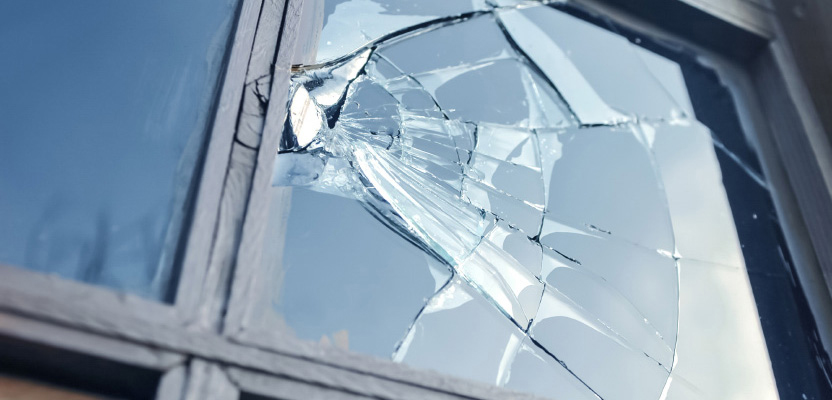If you are a landlord, you should accept that the house or apartment you let may not be relinquished to you at the end of the tenure in the same condition that it was rented.
Under law, tenants are allowed for the property to have some wear and tear in the period during occupation. Damage caused by unforeseen events comes outside of this legislation.
How is the property let?
The starting point for identifying whose responsibility putting right damage might be is the type of contract under which the property is let.
Under a tenancy, the tenants take on far more responsibility for the upkeep of the property than licensees (such as lodgers and house sitters) do under a licence agreement. In return, tenants have far greater rights of occupation.
The tenancy agreement should state the obligations of the tenants for the upkeep of the property.
These are likely to be limited to maintaining current condition and preventing further erosion of state, such as heating the house to a temperature so as to minimise damp, keeping a garden kept and cleaning windows. They are likely to be reasonable.
They are unlikely to include maintenance to the structure or fabric of the building because these could be judged unfair (beyond the requirement to maintain the state the property was let in) and therefore could be unenforceable.
In any case, most landlords will not want tenants to make alterations that could be claimed as repairs and will state the no work is to be done without permission.
Licensees will have much lighter obligations.
How was the damage caused?
The second consideration is who or what caused the damage.
Generally, whoever causes damage is responsible for making it right. If a neighbour’s child kicks a football through a window pane, the neighbour should pay for the replacement. If a lodger breaks a garage door by pulling too hard on it, he or she will be liable. If a tenant spills bleach on a carpet, he or she should pay compensation from a deposit.
This includes situations where damage is cause by accidental or wilful neglect, such as allowing a wooden window frame to rot because plants placed on the sill have overgrown onto the window.
Where the damage is caused by crime, and the criminal is not found or cannot pay, it is likely to be the landlord’s responsibility to repair the fabric of the property. His or her insurance will cover for replacement of windows and doors, locks, and frames.
Likewise, the landlord will be responsible for damage caused to the structure of the property by natural disaster, such as flooding.
However, tenants may find that a landlord is reluctant to pay for small items and that practically, it is easier for the tenant to arrange work and pay with consent from the landlord (and perhaps an agreement to deduct the costs from a future rent payment), than wait for the landlord to act.
Similarly, if damage is caused by a neighbour’s child and the neighbour refuses to pay, although in law, it is the landlord that has the claim against the neighbour, for comfort and convenience, it may be the tenant who decides to arrange the repair and who pays.
Responsibility for damage or theft of personal possessions
Generally, personal goods within the property are the responsibility of the owner of them.
In a tenancy situation, a landlord may not be required to insure for contents, but may do for his or her own possessions if the property is furnished (for example, for a refrigerator, washing machine or for furniture and soft furnishings). If a thief steals personal electronic items of a tenant, the landlord is not responsible for recovery, repair or replacement.
In a license situation, the landlord may have more comprehensive insurance that does cover the possessions of the licensee. He or she, however, is under no obligation to claim on his or her insurance for the possessions of a lodger, so licensees should take out their own insurance policy to cover personal belongings.

